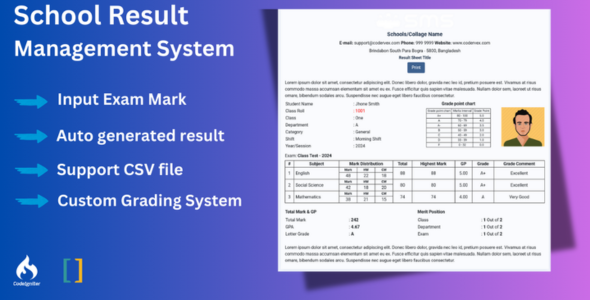This function will take a message passed in the argument and print it
out in the appropriate style object. So to print a message we can:
out in the appropriate style object. So to print a message we can:
<?php
$Basic
->TextOut('This is my test message');
$Tbody->TextOut(' -- kinda neat, huh?');
?>
Notice, there are no <BR> between the two function calls so they will
print on the same line. Also, I just wanted a smaller font for the
second part of the output and I had already declared that in $Tbody so I
used that. This is safe in this instance as the only other difference
between $Basic and $Tbody is “bgcol” and that isn’t used in this
function. Notice the “ ” in the function declaration? That is
there so if no message is passed the function will print out a non-
breaking space. Why will become clear later on.
print on the same line. Also, I just wanted a smaller font for the
second part of the output and I had already declared that in $Tbody so I
used that. This is safe in this instance as the only other difference
between $Basic and $Tbody is “bgcol” and that isn’t used in this
function. Notice the “ ” in the function declaration? That is
there so if no message is passed the function will print out a non-
breaking space. Why will become clear later on.
So far we haven’t saved a lot of work. The last example is easier if
you want to change font color and/or size in the middle of a sentence
but still doesn’t justify writing an entire class. How about we add to
the functions:
you want to change font color and/or size in the middle of a sentence
but still doesn’t justify writing an entire class. How about we add to
the functions:
<?php
function TDOut ($message=" ",$colspan=1) {
PRINT
"<TD COLSPAN=$colspan BGCOLOR="$this->bgcol" ".
"ALIGN="$this->align" VALIGN="$this->valign">";
$this->TextOut($message);
PRINT "</TD>n";
}
?>
Now, we’re getting somewhere! Remember, I wanted to have different
background colors for my tables. Now I can do this:
background colors for my tables. Now I can do this:
<TABLE>
<TR>
<?php
$Theader
->TDOut("Name",2);
$Theader->TDOut("Location",3);
?>
</TR>
<tr>
<?php
$Theader
->TDOut("Last");
$Theader->TDOut("First");
$Theader->TDOut("City");
$Theader->TDOut("State/Province");
$Theader->TDOut("Country");
?>
</tr>
There. See how the colspan argument works. If it’s not declared it
defaults to 1. So in the first table row “Name” spans 2 columns and
“Location” spans 3. In the second row all of them cover a single
column.
defaults to 1. So in the first table row “Name” spans 2 columns and
“Location” spans 3. In the second row all of them cover a single
column.


